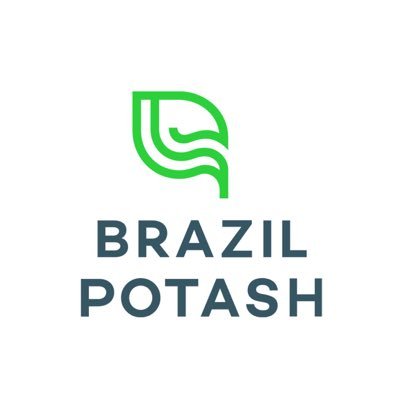Potash mine in Amazon to go ahead with state license, says CEO
Canadian firm Brazil Potash Corp will begin to build Latin America's largest fertilizer mine in the Amazon rainforest this year after its project received an installation license issued by the Amazonas state environmental protection agency, its chief executive told Reuters on Tuesday.

- Country:
- Canada
Canadian firm Brazil Potash Corp will begin to build Latin America's largest fertilizer mine in the Amazon rainforest this year after its project received an installation license issued by the Amazonas state environmental protection agency, its chief executive told Reuters on Tuesday. CEO Matt Simpson said the mine was not on officially recognized Indigenous land and the local Mura tribe had been consulted and were in favor of the potash mine.
"We will proceed with construction of the mine sometime later this year," Simpson said. The 13 billion reais ($2.6 billion) project will take four years to build and create 10,000 direct and indirect jobs, he said. The Amazonas federal prosecutors office said on Tuesday that the license issued by the state's environmental protection agency IPAAM was "irregular" because the permit should come from the federal agency IBAMA and only once the Mura people had been properly consulted.
"The license violates constitutional rights, international standards and also the rights of Indigenous peoples," it said in a statement. The project, which could reduce Brazilian agriculture's 90% dependence on imported potash, has been held up for years due to opposition from the Indigenous Mura people who say they have not been consulted about the use of their ancestral lands.
In September, a federal judge in Manaus reiterated her 2016 decision to suspend the project until the Mura were consulted. She also ruled that a license must be federal. But a higher appeals court later overturned an injunction suspending Potash Corp's state license and ruled that IPAAM could issue the permit because there is no officially recognized Indigenous territory in the area planned for the mine.
Governor Wilson Lima, who backs the mine for the investment and development it will bring his state, announced on Monday the granting of the installation license for the mine to be built in Autazes, 75 miles (120 km) southeast of state capital Manaus. Mura leaders say the mine overlaps their ancestral lands and seek their recognition as protected reservation land. But the demarcation process that could take years is pending by Indigenous affairs agency Funai, and divisions have emerged within the Mura community.
Five Mura communities and the Indigenous Association of Amazonas sent prosecutors letters seen by Reuters rejecting the governor's announcement. Gabriel Mura, leader of the Lago do Soares community which will be the most affected by the mine, told Reuters that no real consultation had taken place, and that Mura people had been deceived into signing papers saying they had been consulted.
"They lie when they say that the people want the project, but this is something only some leaders do, because the people want their lands to be recognized," he said. CEO Simpson told Reuters his company believes a federal prosecutor in Manaus was "abusing his power" and colluding with the lower court judge to hinder a mine project that was of strategic importance for Brazil, a top world food exporter.
The mine will extract and deliver potash to Brazilian farm states by river barges at less than even the transportation costs of producers in Russia, Belarus and Canada, who have to ship across the world. "At Autazes, we are in the backyard of Brazilian farmers," Simpson said.
Brazil Potash is owned by CD Capital with a 34% stake, Sentient with 23% of shares, and Stan Bharti's Forbes & Manhattan Group, a Toronto-based merchant bank that began the project, which now holds 14%, along with other shareholders.
(This story has not been edited by Devdiscourse staff and is auto-generated from a syndicated feed.)










